According to the Ministry of Finance , total state budget expenditure in the first 4 months of 2025 is estimated at VND 595,400 billion, equivalent to 23.4% of the estimate and an increase of 15.2% over the same period in 2024. Of which, development investment expenditure is estimated at about VND 128,500 billion, equal to 16.3% of the estimate; debt interest payment reaches 36.8% of the estimate; regular expenditure reaches 27.1% of the estimate.
Budget expenditure tasks were carried out according to estimates, meeting the requirements of socio -economic development, national defense, security, state management, debt payment due, care for salary, pension and social allowance recipients, and at the same time implementing social security policies well.
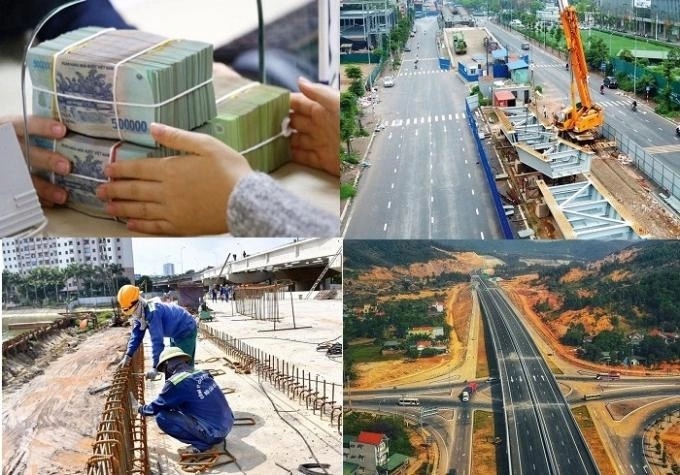 |
The central budget has used VND5,850 billion from the reserve fund, of which VND5,750 billion is supplemented for ministries and central agencies to carry out important and urgent tasks and VND108 billion is supported for localities to restore production after natural disasters and epidemics.
In addition, 8,300 tons of national reserve rice were issued according to the Prime Minister 's decision to provide relief to people during the Lunar New Year and the early year crop gap.
Regarding development investment, the total capital plan for 2025 assigned by the Prime Minister is VND825,900 billion. By the time of reporting, localities had added about VND71,700 billion, bringing the total detailed capital plan allocation to VND869,750 billion.
Excluding the additional portion, the total allocated capital is VND798,060 billion, reaching 96.63% of the plan. However, there are still VND27,860 billion of capital plans that have not been allocated in detail, belonging to 19 ministries, central agencies and 22 localities, accounting for 3.37% of the assigned capital plan.
The progress of public investment capital disbursement by the end of April reached 15.56% of the plan, lower than the 16.64% of the same period in 2024, but the disbursement value increased by 16.3% over the same period.
Some localities have disbursement progress exceeding the national average, but many ministries, central agencies and localities still have slow disbursement or have not disbursed due to problems with policy mechanisms, unrealistic capital plans, slow site clearance progress and lack of supply of raw materials.
In addition, many fields such as health, education, and environmental resources do not have specific regulations on project management costs and consulting costs. This makes it difficult to determine the total investment and implementation of projects without construction components. The new Land Law 2024 has just come into effect but has not been uniformly guided at the local level, leading to delays in site clearance.
In addition, the unstable organization of the administrative apparatus after the merger of administrative units has caused many projects to be suspended or adjusted in scale, which is also a problem. At the same time, market factors such as sudden increases in construction material prices, limited supply, adverse weather and local budget revenue not meeting estimates have also greatly affected the progress of public investment projects.
Subjectively, there is still a situation where the planning is not close to reality, the investment procedures are not complete right from the budgeting stage, leading to slow capital allocation and failure to organize bidding. By the end of April, there was still about 27,861 billion VND, equivalent to 3.37% of the plan assigned by the Prime Minister. In addition, the prolonged adjustment of the capital plan, which does not meet the regulations, also makes it impossible for some ministries and branches to organize disbursement.
The Ministry of Finance is proposing a series of more drastic solutions in the coming time: requiring detailed disbursement plans on a monthly and quarterly basis; tightening supervision of large or technically complex projects; boosting local budget collection from land to ensure investment resources; and strengthening decentralization, clearly defining the responsibilities of implementation at each level.
In the context of many economic challenges, public investment is expected to be a key growth driver. Accelerating progress will not only promote economic recovery but also reduce the pressure of disbursement at the end of the year, helping projects to come into operation soon and promote efficiency.
Source: https://baodautu.vn/bo-sung-them-71700-ty-dong-von-dau-tu-cong-cho-nam-2025-d278800.html




![[Photo] Launching ceremony and drawing of pairs for the "9th TIM CUP Highland Charity Football Tournament"](https://vphoto.vietnam.vn/thumb/1200x675/vietnam/resource/IMAGE/2025/5/31/a4c145af5d1e48c5b48c95116d41a73c)

![[Photo] Prime Minister Pham Minh Chinh attends the opening ceremony of the National Law Portal](https://vphoto.vietnam.vn/thumb/1200x675/vietnam/resource/IMAGE/2025/5/31/f02ed6288a4340bdb4adf1b2149b9614)
![[Photo] Emotional and proud flag-raising ceremony and military review on Truong Sa island](https://vphoto.vietnam.vn/thumb/1200x675/vietnam/resource/IMAGE/2025/5/31/9b52525fce6f433083cd0a5bfee59f49)




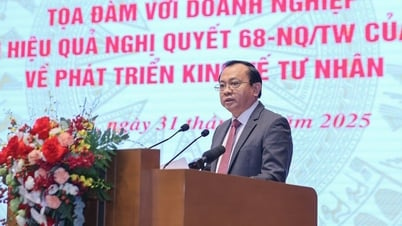













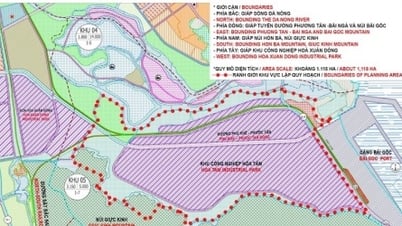





















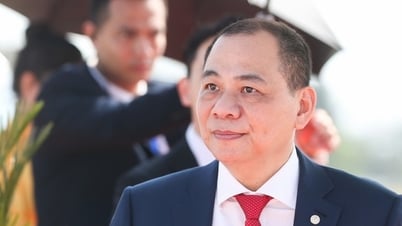










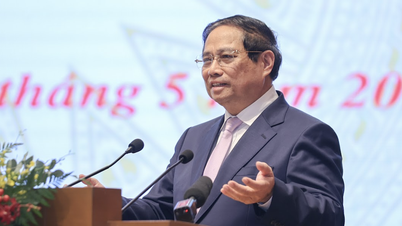




















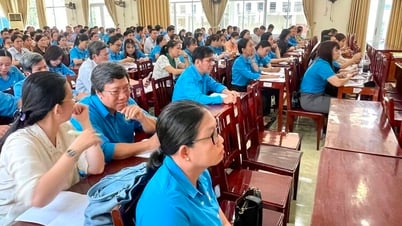














Comment (0)